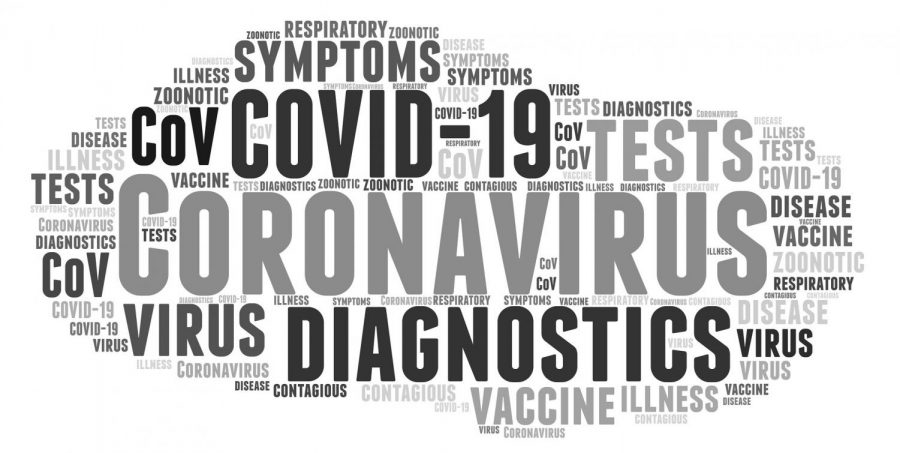Doctors’ Response to COVID-19
April 10, 2020
With the COVID-19 virus turning our worlds upside down, healthcare workers are our superheroes. They are working tirelessly throughout these times of uncertainty to keep us safe. Healthcare worker’s roles have changed dramatically in the last few weeks. I interviewed four physicians in different specialties in medicine to learn more.
Dr. Bash Muneer is a Cardiologist who works at Rush Copley Medical Center in Aurora. His daily routine has changed significantly in that most of his visits are no longer face to face. The majority of his patients are elderly and are now discouraged to leave their homes. This is called telemedicine, and involves office visits over the phone or even through video chats. Dr. Muneer says the thought of getting the Corona Virus is always lingering in the back of his mind. He is very used to taking precautions like washing hands before and after every patient, and using hand sanitizer, but with this pandemic they have taken it to the next level.
Typically, Pediatrician Dr. Uzma Muneer, who works at Elmhurst Memorial Clinic, would see about twenty-five pediatric patients a day. These visits could range from babies needing their vaccines, teenagers requiring sports physicals, and children with fevers, cough and cold symptoms . But now in the face of COVID-19, the only patients allowed to come into the office are babies and toddlers under the age of 2 who need their required shots. Most of her time at work is now spent talking to parents on the phone and managing their concerns from home.
Down in Florida, Dr. S. R., an Emergency Room doctor, says she is “working with her hands tied,” because her hospital temporarily is out of COVID testing kits. PPE (Personal Protective Equipment) such as goggles, masks, gowns, and gloves have been running low at her hospital, as well as many other hospitals across the country. The doctors are spending their own money to buy their own PPE to safeguard themselves while testing potential COVID cases. Dr. R. mentions how she and the other doctors working in the emergency room are treating each patient as if they carry the COVID-19 virus, so they can properly protect themselves and take the precautions necessary. She sees about 30 patients everyday and also gets many phone calls asking for medical advice throughout the day.
While Dr. S.R. works under the assumption that the patient could have COVID-19, when they arrive at the ICU, they have results confirming they are positive or negative. Dr. O.H., an Intensive Care doctor at Gottlieb Memorial Hospital in Melrose Park Illinois, is directly caring for patients with Coronavirus patients and people exposed to it. Intensive Care medicine deals with critically ill patients who are recovering from or at risk for life threatening conditions. Dr. H. says how the amount of patients he has been seeing has been steadily increasing over the past few weeks. He also adds how now instead of getting involved with helping the patients when they are sicker, like he did before, he starts with them when their symptoms are shown. He mainly treats people aged 70-80, but sometimes people aged 40-50. Along with the other doctors’ patients, his are also very anxious. Dr. H. says that the hardest part of his job is seeing all these fairly healthy people getting sick, and their normal lives being turned around. He says that the most effective way to prevent getting this virus is to social distance, wash your hands the right way and avoid touching your face.
































